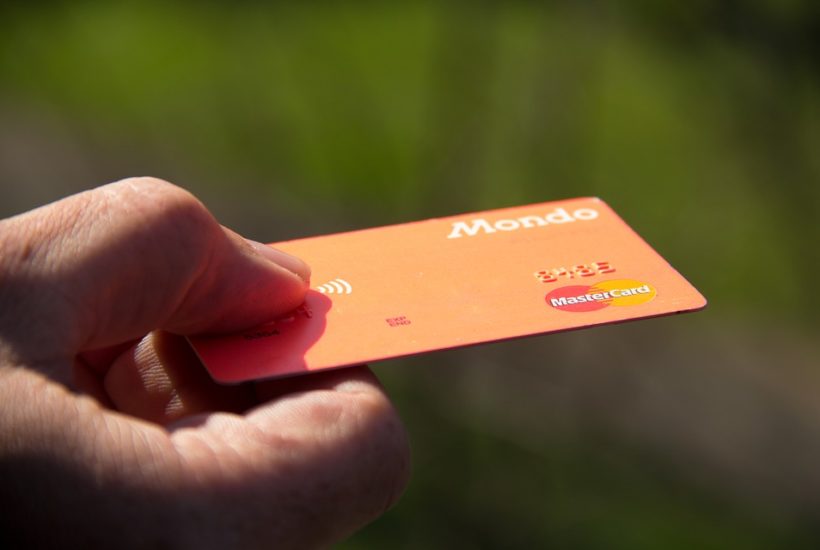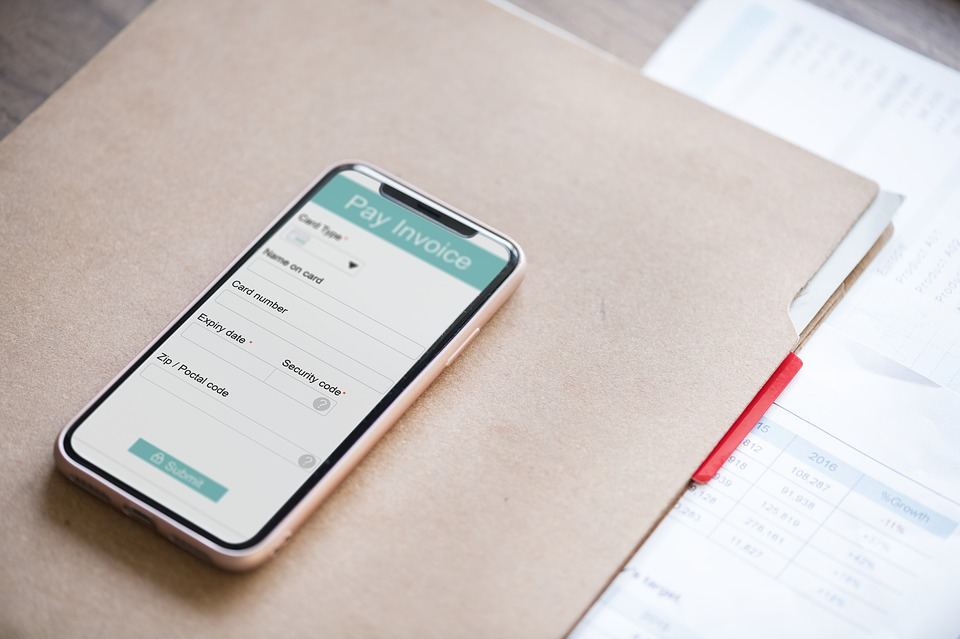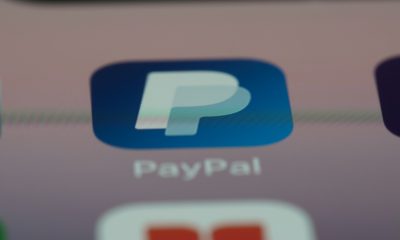Featured
The giants of fintech: How Mastercard and PayPal stay afloat during financial technology boom
The world of digital finances has come a long way since first wireless transfers changed the way people do business. We’re being swarmed by a seemingly endless array of companies, that promise to leverage technological breakthroughs for the betterment of your wallet. The fight for survival is fierce as the established fintech companies are doing a lot to stay at the forefront of digital finances.

Cryptocurrencies, security tokens, online payment processors – the world of digital finances have come a long way since first wireless transfers changed the way people do business. We’re being swarmed by a seemingly endless array of companies, that promise to leverage technological breakthroughs for the betterment of your wallet. The fight for survival is fierce, as the established fintech companies like Mastercard (MA) and PayPal (PYPL) are doing a lot to stay at the forefront of digital finances.
The UK with a debit
Even if the term “fintech” has been coined just recently, it doesn’t encompass only the current market disruptors. Looking retrospectively, Mastercard was a fintech company from the very moment of its inception. And one of the financial technology businesses that have brought the most changes.
A market leader for decades, Mastercard has massive amounts of cash on their accounts, which make investing a pretty straightforward process. It allows them to develop numerous projects outside of their regular credit-card business, and vastly extend the company’s reach.
Recently Mastercard went onto teaming with PayPal to launch the first UK business debit Mastercard. By combining features stemming from both companies, the new card will grant its users instant access to funds for online and high street business purchases. The solution gives small business owners a fast, easy way to use the money in their PayPal account both online and in person. All with no foreign exchange fees and flat ATM withdrawals.
This step is just a part of PayPal’s global partnership with Mastercard. The cooperation goes on from 2016, and from its inception aims at improving the payment experience for customers online and in-store, as well as providing businesses with a way to seamlessly manage their money.
PayPal unleashed
Before Elon Musk has begun the EV revolution in the U.S. and launched rockets into space, he has conceived PayPal – an online payment processor that would challenge established financial entities. By capitalizing on the first-movers advantage, PayPal has seized quite a big chunk of the market for itself, becoming a fierce competitor to beat.
The deal with e-commerce platform eBay (EBAY) has initially given PayPal quite some momentum, but in the long run, it seems to be restraining it, as both companies seek to part ways. Their separation will take place within 12 months, and it will allow PayPal to explore deals with other major e-commerce companies.
The company is not waiting for its cue, as recently it has struck deals with several top-tier players. Their cooperation with Facebook (FB) strives to empower payments made through Facebook-owned Instagram, Walmart clients with PayPal accounts can now deposit and withdraw funds at market locations, and Uber drivers are getting virtual wallets. The sum of late investments is counted in billions of dollars, but they all seem irrelevant in the light of a recent project, in which both PayPal and Mastercard participate.
Keep your enemies close

Over the last days, news were full of experts commenting on Facebook’s plans on release of their cryptocurrency. The coin, dubbed Libra, is going to be pegged with fiat currency and thus won’t be as volatile as cryptos tend to be. As Facebook holds tremendous power in its hands, it has decided to create a joint body that would overlook the birth of the new currency and regulate it in a balanced way.
The Libra Association is teaming up representants of 28 different entities, including PayPal and Mastercard. It might seem extraordinary that Facebook has brought on board its direct competition, but financial analysts point out that it’s not that unusual. Having a measurable impact on the future of Libra allows them to steer it in an expectable direction. Facebook should be inclined to keep them satisfied, as with such prominent companies leaving the project, the social media giant might face public scrutiny for being too authoritative.
Libra is currently envisioned as a gateway for more people to gain access to financial products. It has exceptional values in underdeveloped markets with unstable currencies and economies. With that potential comes significant responsibility, and Facebook is going to share it with fintech leaders as PayPal and Mastercard.
Both the credit-card operator Mastercard and online payment processor PayPal has enough experience to stay aligned in the proper direction. The financial landscape is changing as we speak, but these two companies are solid with their bearing and stick to profitable decisions. That has led financial analyst Lisa Ellis of MoffettNathanson to pick PayPal and Mastercard as the best bets in the emerging fintech industry.

-

 Markets2 weeks ago
Markets2 weeks agoSilver Dips Sharply, While Gold Gains Amid Mixed Stock Market
-

 Africa2 days ago
Africa2 days agoMorocco’s Tax Reforms Show Tangible Results
-

 Africa1 week ago
Africa1 week agoTunisia Holds Interest Rate as Inflation Eases, Debate Grows
-

 Fintech4 days ago
Fintech4 days agoRuvo Raises $4.6M to Power Crypto-Pix Remittances Between Brazil and the U.S.

























